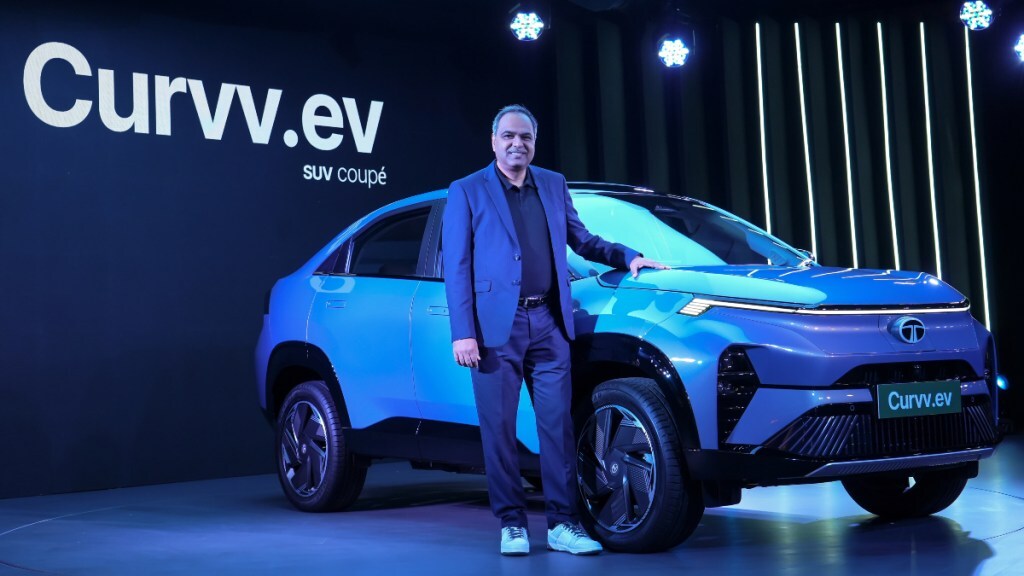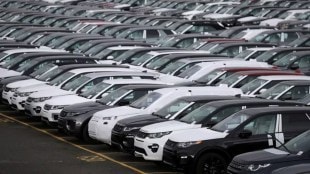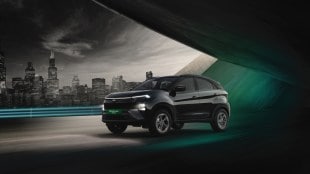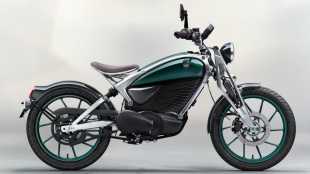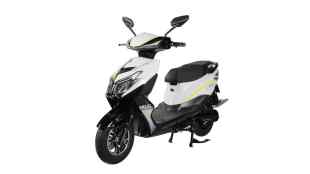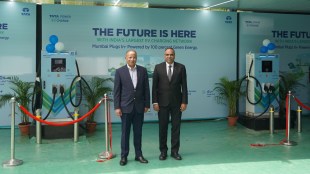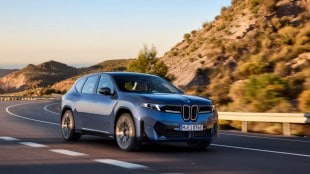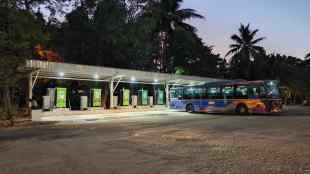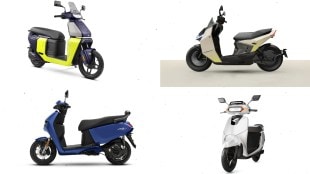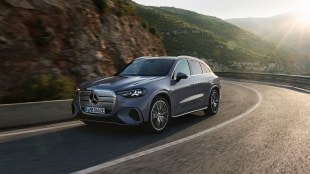Tata Motors is the undisputed leader of the electric vehicle (EV) segment in the passenger vehicle market with as many as five battery-powered models in its portfolio. The homegrown carmaker has announced new ranges for its entire EV lineup. This happened after the Government of India implemented some changes to the MIDC range tests.
To ensure that the range of all EVs is judiciously compared against a common standard, the Ministry of Road & Transport has specified certain conditions for conducting the MIDC range tests. All OEMs are mandated to declare the range certified from these tests publicly.
The MIDC testing cycle includes two parts – Urban representing City driving, and Extra Urban representing Highway driving. Until recently, EVs were being tested only for the Urban (city) part of the cycle. However, the MoRTH has now mandated all car manufacturers to test and declare range values that include Urban and extra urban cycles. As a result, the full-charge range of all EVs are set to witness the change.
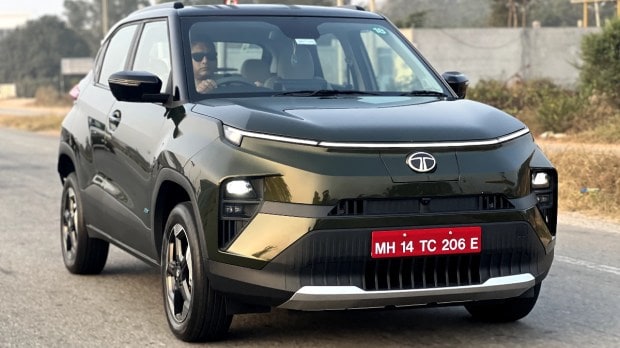
In accordance with the recent developments, Tata Motors has revealed the new set of ranges for all its EVs. Starting 10 September 2024, the company will report the range certified for all its EVs from MIDC’s P1+P2 (Urban + Extra Urban) test. Additionally, for further improvement of customer understanding, Tata will continue to voluntarily share the near real-world driving range with its C75 range disclosure.
Changes in MIDC range tests
With the new MIDC range tests incorporating a highway run, the average testing speed has been increased from 19 kmph to 31 kmph while maximum speed has been changed from 50 kmph to 90 kmph. As a result, EV range figures have decreased. It should be noted that EV ranges are generally lower on highway cycles compared to city driving.
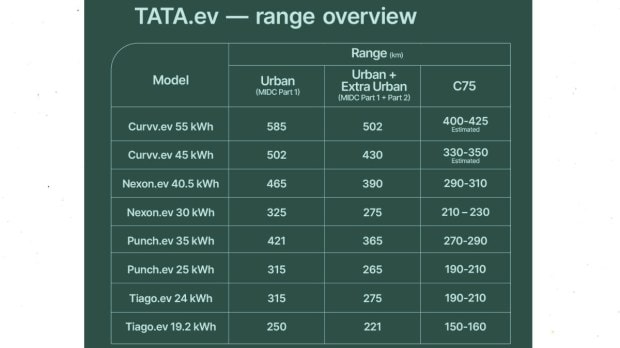
As seen in the table above, the range of Curvv EV has been reduced from 585 km to 502 km for a single charge for the 55kWh battery variant. Similarly the Nexon EV with the 40.5 kWh range has decreased from 465 km to 390 km for a full charge. The Punch EV with the 35 kWh battery pack now gets a certified range of 365 km, a drop from 421 km for a single charge.
Further, the company says the C75 figures reported are effectively the near real-world driving range that 75% of customers can expect. As per the company, it is based on the 1.65 lakh electric cars sold to date.Going forward, all EV OEMs in India are expected to announce the revised ranges as per the new MIDC test cycle.
